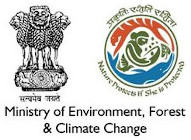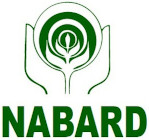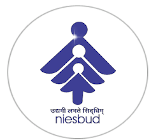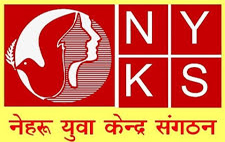Dreams
Heal other with your assistance
Case Studies
Student Social Responsibilities (SSR); Connecting Student 2 Society
Student exchange programmes may still be at its infancy in Universities in Odisha, but the wind of student social responsibility is fast gaining grounds. For the fourth consecutive year, international students from the Virginia Tech and University of Wisconsin came down to Odisha and involved with students of the Ganjam district and together carried out several developmental projects in the area. The seven students who reached Odisha and worked here for over 40 days involved with the local students to implement projects on sanitation, personal hygiene, youth empowerment and signature campaigns. For six weeks, they conducted spoken English classes, computer literacy classes, exposure to higher education through institution visits, and micro-projects- all of which were led and implemented by the local students.
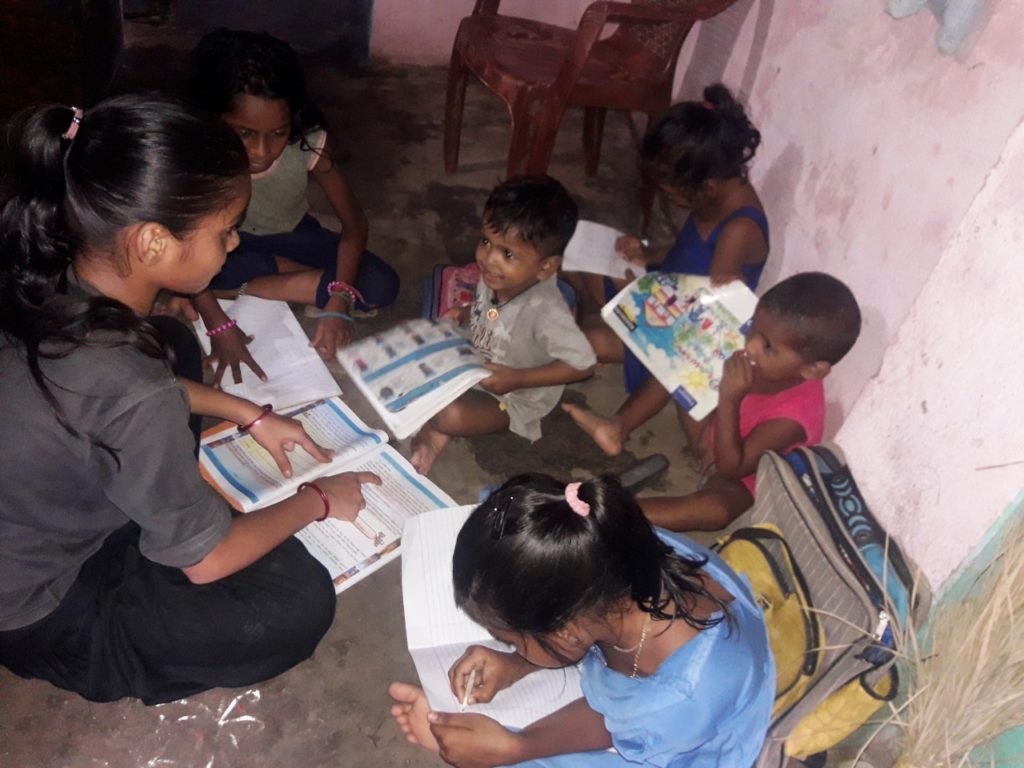
” We began with English classes and computer literacy classes, and shifted gradually into a focus on micro-projects. We separated the students into a junior and senior class, practicing basic vocabulary and grammar with the juniors and practicing more advanced conversational English with the seniors. In the computer classes we began with typing skills and progressed through Microsoft word, PowerPoint, and excel. Once the micro-project planning became more concrete, the students used the Microsoft applications to further develop their ideas. It was a great exercise for both project development and computer literacy “said Elizabeth Bahret a student of Psychology and Sociology at Virginia Tech. More than 60 students from different schools and colleges of Gopalpur were made to assess the needs in their communities, chose a focus and develop an action plan for each village. They were then guided on how to carry out the micro projects such as sanitation in Venkatraipur and Deegipur villages, Personal Hygiene in New Baxipali, and the Signature Campaign in Gopalpur. “After introducing the goals and expectations of the micro-projects, we divided the students based on village, assigned one or two Nourish interns to each group, and got to work. We hope that the project has inspired the students to continue enacting positive change throughout their lives,” said Elizabeth Dennis and Samanta Marie from University of Wisconsin. The other students in the project included Caed Cunningham, Jacqueline Spigai Samuel Gittelman, Elizabeth Dennis and Samanta Marie. The students were members of Nourish International – a student body that engages with students for community empowerment. This rural youth empowerment project was organised by the Voluntary Integration for Education & Welfare of Society (VIEWS) at Gopalpur on-sea.
Testimony from the Donor “Our team had a great experience working with VIEWS during our summer internship. We worked in the coastal fishing villages of Ganjam district, teaching spoken English and computer to young students besides training the youth on different teaching learning methods, Our team also conducted career counselling and personality development sessions.
Lauren Matranga, Student of University of Texas, Austin, USA
Stories Of Change
From Insecurity to Security
Kundai Mallick, a widow and a mother of two children who lives in the remote village in Nuabandha in Ganjam district of Odisha where there is no proper approach road to village and communication becomes very difficult during rainy season due to presence of thick mud in the road. As she was the only earning member for her family and she was bound to take care for her children on her own, she eked out a living by cultivating paddy in 1.5 acre of land, but income from the paddy crop was not certain. She has lost crops in past seasons due to pest infestations and other vagaries due to changing climate dynamics. She struggled financially to maintain her household expenses.
But she says that “I am a fighter, with a hardworking attitude and I remain positive about my life, livelihood and hope to turn it around soon”, said Kundai Mallick, Aged-40
The dream to make her family financially stable and improve social and economic well being finally took shape when VIEWS-NFI collaboration intervened with a host of livelihood generating interventions and improved the overall well being in the village. The improved package of practices intervention has ensured sustainable production, reduced input cost, reduced pest and disease problem, use of less water and early maturity. This helped Kundai to reduce the
Input cost by almost 50% and at the same time increase the yield by almost 60%.

She says that before the intervention she used to cultivate in her 1.5 acre of land and the yields which she used to get was around 12-13 bags, but now she gets around 30 bags from her land. She is very happy to share with us that now after keeping a certain amount for household consumption, she sells the rest of the produce in the market and earns Rs 500-Rs 600/- per month. The other income generating supports given by VIEWS-NFI include goatery and vegetable cultivation. The vegetable cultivation support in form of training and seed support has ensured the household nutritional security and provided additional income.
She concludes by saying that “my income has increased from Rs 3000/- to Rs 7000/- per month which is aptly reflected in terms of providing technical education to my children. Now, my childrens are pursuing their diploma courses after completing matriculation”, said Kundai Mallick, Resident of Nuabandha Village, Ganjam district.
Perils of Migration to Sustainability
Micky Nayak belongs to a ultra poor section of the society, which means extremely poor— a classification for those who are living on less than Rs 2640/- per month (which translates into less than $1.25 per day). The characteristics of the poor households are irregular income, food insecurity, poor health, and minimal assets and no savings. They are highly vulnerable to health or environmental shocks and live in remote, rural areas. One way for them to cope is to migrate to places where wage labor is more readily available. Micky used to go to other villages to find work in their fields and for that she received daily wage of Rs 150/-.But the work was difficult and there was no guarantee of regular work throughout the month. Sometimes she would return to the village empty handed.
“Migration is difficult and at the same time it is painful. I need to complete all the household work by getting up early in the morning and then move out to work. The children suffers a lot as they do not get attention of their parents neither they care which they deserve” Said Micky Nayak, Age -28 years, Village-Jharpalli, Ganjam district.
The VIEWS-NFI partnership has provided the ultrapoor women like Micky the skills to create livelihood that grow their income and self-confidence. Micky was supported with kitchen garden, goatery and training to cultivate in an organic way. She reaped the benefits of her hardwork, but she always gives credit to VIEWS-NFI for changing her life and not migrating to other villages for odd jobs. She cultivated a plethora of vegetables such as tomato, brinjal, ladyfinger, green chilies, bottle gourd and other leafy vegetables. She said that the vegetables cultivated by her were enough for their household requirements and the surplus was sold by her in the nearby market. In monetary terms she said that she earned around 650-700/- during the seasons. She was very happy to share that as the vegetables were cultivated in an organic way, so it fetched better price in the market. The collaboration also supported the Goatery activity and from their she could establish sustainability in their household income and at the same time drudgery was also reduced as she stayed in the village and worked. So, there was absolutely no distress migration. Another notable contribution of the intervention which she says is worth mentioning is that:
“We were not aware of what a loan is and how does loan helps to support any activity” said Micky Nayak.
But VIEWS-NFI program helped in establishing our group and bank linkage. It has helped us to mobilize government schemes worth Rs 26,000/- for our livelihood generation activities.
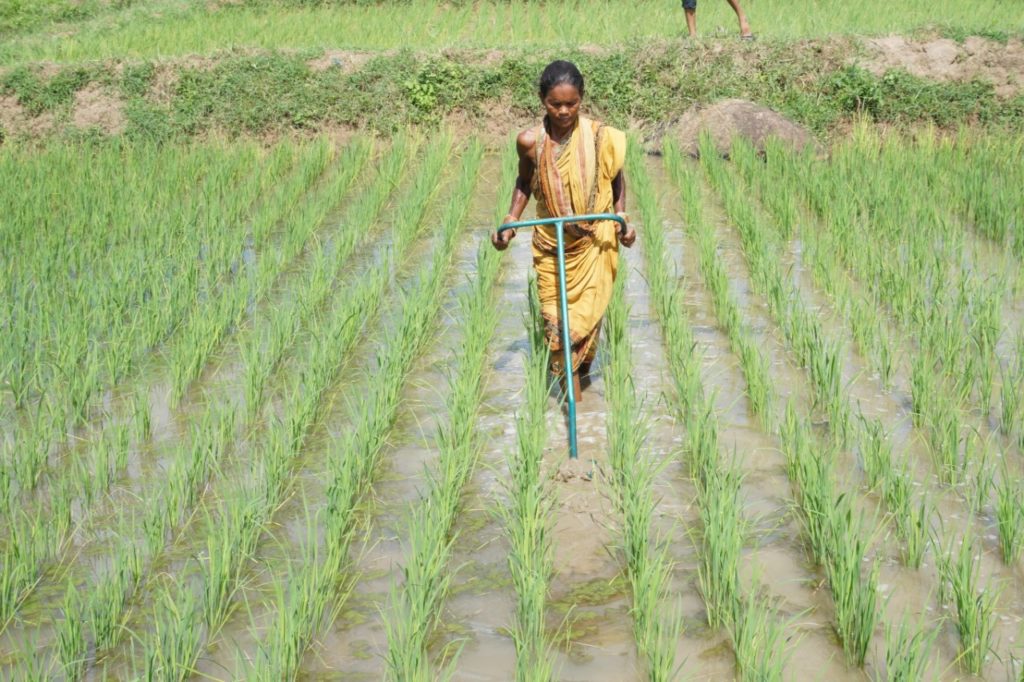
Subsistence to Sustenance
Kasinath Pradhan , aged 72 years of Ambagoan village of Ganjam district of Odisha supports a family of eight members, is a success story for many fellow residents of his village. He cultivates on 2 acres of land. He cultivated only paddy on 2 acres of land. That to, using conventional methods of paddy cultivation. He said that after support from VIEWS-NFI program he started cultivating paddy using improved package of practices which involves seed test, germination test, line transplanting, preparation of organic manure and other scientific approaches that reduce our input cost by almost 50%. The use of organic bio-fertilizer helped in killing pests and preserving crops. This resulted in direct reduction in the purchase of pesticides. The agricultural tools and implements support also helped to reduced difficulty, cost and improved income.
By traditional way of cultivation in 2 acre land, the yield I use to get is around 20-25 bags but now I get around 40-45 bag using the improved package of practices. The surplus production which is generated is sold in the market. Thus, it adds to my income.
VIEWS-NFI also supported me with training, handholding, seed support for vegetable cultivation. It also reaped benefits for me. The vegetable cultivation has taken care of my household nutritional security and I am able to generate surplus income from it. The income of around Rs 2000/- has been generated seasonally.
“My family fortunes have changed dramatically from subsistence to sustenance” I use to think a lot about surplus production which could sell in the market, but never able to do. But now I have unleashed the potential of my land and my capability, said Kasinath Pradhan, Aged 72
Kitchen Garden to Kitchen
Sudeshna Pradhan, aged 28 years of Ambagoan is a perfect example of how to use the house backyard and turn it into a beautiful with a full of vegetables, otherwise termed as kitchen garden. VIEWS-NFI intervened in this village and supported Sudeshna with scientific training regarding types of vegetables to be cultivated in accordance with seasons, how it is to be cultivated and preparation and use of organic bio-fertilizers. Sudeshna learnt it like a meticulous student does and used to perfection to create a sprawling kitchen garden.She cultivated a range of vegetables seasonally starting from brinjal, cucumber, tomatoes, bitter gourd, bottle gourd, pumpkin and a wide array of leafy vegetables. Her feeling was that she did not establish a kitchen garden but she ensured that as a mother her responsibility was to feed her children with nutritional foods and the task is well accomplished by her.
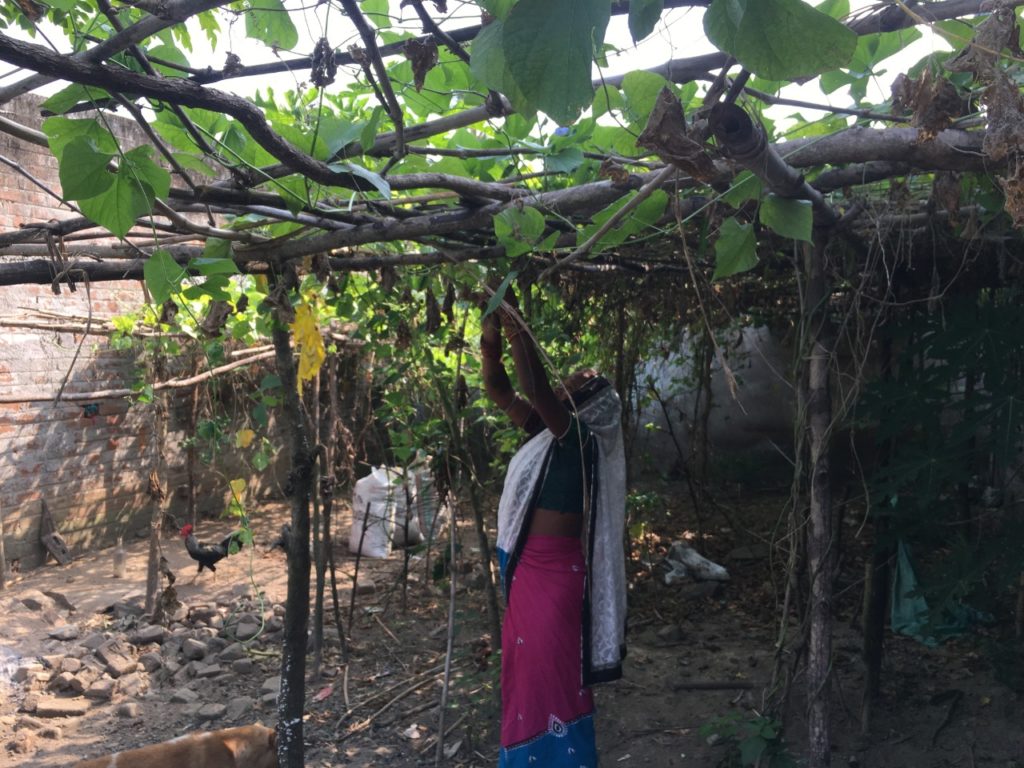
“Earlier we used to purchase vegetables from the village vendor or from the market at reasonably high rate. Moreover, we could not purchase it daily due to lack of money. But now out family is not dependent on outside for vegetables. It thus provides savings as well as nutritional security” said Sudeshna Pradhan.
The outcome of the intervention reflects that the nutritional security of the beneficiaries increased from 7 months to almost 12 months. Now, the beneficiaries’ cultivate vegetables throughout the year. The project has aptly demonstrated that what scientific training and handholding and finally the results can do for the community. Now after the end of the project they want to take it up on their own and build it sustainably.
The increase in yield of paddy is due to application of improved package of practices. It is observed from the figure that in Ambagoan the increase in yield of paddy is 136%, in Hinjligram it is 143%, Ramachandrapalli it is around 128% and in Jharpalli it is around 133%. The increase in yield has contributed to surplus production which the farmers sell in the market and generate additional income.
From the above figure it is observed that, the income of beneficiaries in pre intervention level was around Rs 3750/- while the average income has risen to Rs6550/-. This is due to fact that VIEWS-NFI program has intervened with a holistic approach and it seems to take care of the needs of the community. The surplus production generated from paddy, vegetable and hybrid livelihood intervention has created a robust livelihood portfolio which has been reflected in terms of rising income level of beneficiaries.
Cultivating Self Reliance through Micro Enterprise Development for Ultrapoor Women
Fifty eight year old Apurba Behera of Tareipentha of Chatrapur block lost her husband 15 years ago in a bot accident area. With a large family of four daughters and a son, Behera singlehanded brough up the family selling vegetables from door to door. She married off her daughters and her son-off of who are settled with their own families. But her health deteriorated gradually not permitted her to continue walking for long stretches from street to street. Apurba was supported to run a Grocessary shop in her house itself by the ICCO Cooperation funded programme of VIEWS. She also added a tiffin centre also to her business. Now Apurba Behera earns an average profit of Rs. 150 to Rs. 200 per day
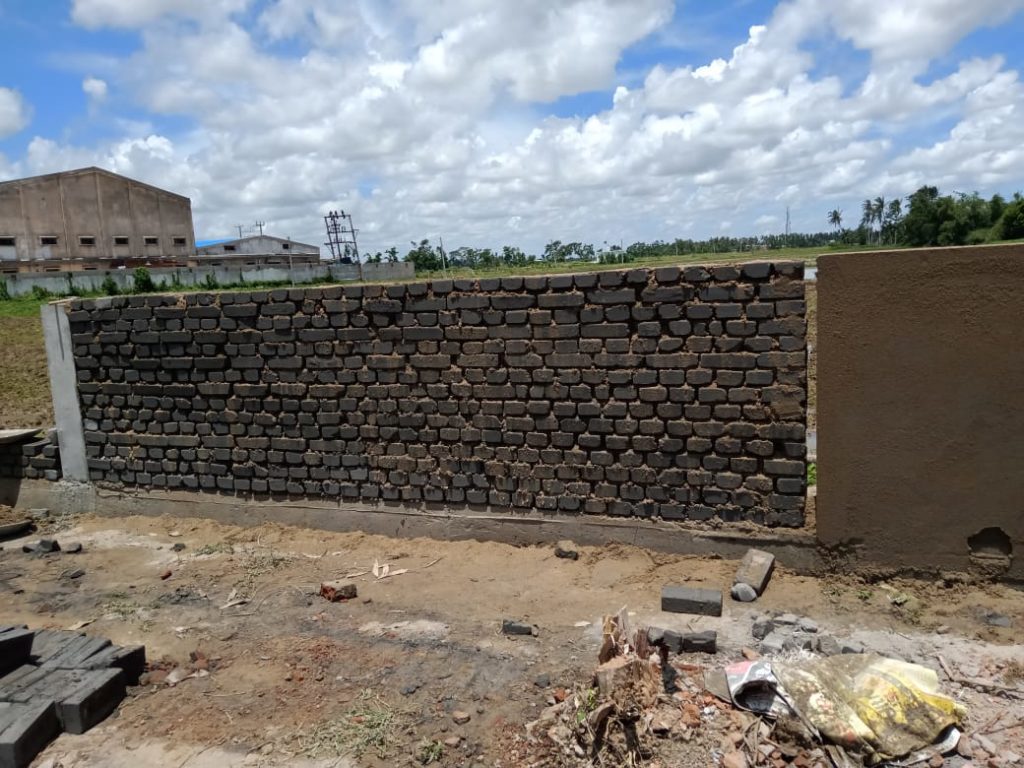
Hope for the Poor
The case study is being contextualized in the backdrop of a massive cyclone which made a landfall in the Puri district of Odisha on 3rd May, 2019. The state of Odisha has been prone to cyclonic disturbances since a long time. The data on disasters affecting Odisha indicate that in between 1891 and 2018, the state was hit by about 110 cyclones. According to the 2013 report of the Intergovernmental Panel on Climate Change (IPCC), fewer tropical cyclones will form as the climate gets warmer, but a higher fraction of these will be intense and cause more damage. The report also points to the higher likelihood of enhanced summer monsoon precipitation and increased rainfall extremes of landfall cyclones on the coasts of the Bay of Bengal. These tropical cyclones are extremely devastating and it cause huge loss to infrastructure, housing and livelihood. The impact of cyclone “Fani” has been catastrophic in the sense that it has challenged the word resilient and made us think what could be done to strengthen the resilience in terms of building a cyclone resistant infrastructure, systems, and processes. The villages which are affected due to cyclone are predominantly dependent on agriculture.
The livelihood of the communities residing in affected villages in Nimapara district is mostly agricultural based and daily wage earner. But the cyclone shattered almost everything. The crops could not withstand the strong winds followed by heavy rain. The fruit bearing tress were totally uprooted and thus incurred loss to families, which was a source of income. The coconut trees were badly affected and almost 90% of these fruit bearing trees are damaged. The next biggest casualty was the house. All the thatched houses roofs were blown off and some of the walls were broken. The damage to houses was maximum in the villages, as most the houses were either semi-kutcha or fully kutcha house. The people lost livelihood due to crop loss as well as loss in number of working days, as the factory where they were working was closed for few days as there was no electricity. The electric poles were uprooted and all the transmission lines were badly affected. Moreover, the road communication has been disturbed due to broken tress everywhere.
“It is still vivid in my memory the massive destruction caused by the 1999 Super Cyclone in Odisha. The cyclonic winds virtually have taken way everything from us. We lost our house, livelihood and there were sights of massive destruction everywhere” said Ms Sulochana Ojha, Age 35, a widow and a mother of two children residing in Parida Sahi, Akamkana village in Nimapara Block in Puri district.
After facing the subsequent natural hazards, now my household is mentally better prepared. But as I am the household head, responsible for managing all aspects of our family. So, the level of drudgery has increased, as I have to shoulder more responsibility. It is in this context sometimes I do think about the fact that what will happen and how I will manage things if there is another natural calamity round the corner.
Though, the state government efforts are laudable in the context of evacuation, capacity building and disaster preparedness. The INGOs and NGOs have also played their part in strengthening the disaster management process. The ingression of “Cyclone Fani” has brought back the horrifying memories of devastation caused by 1999 super cyclone. This time around, I lost my house roof, tress, livestock and other belongings. But, my household and other villagers received timely support from the funding agency CAF India and implemented excellently by VIEWS. The sustainable roofing solutions in form of GI sheets were the need of the hour as my household has resided in a school building for around 10 days. Now, we are residing in our house and we are very happy about it. The quality of the roofing solutions is very strong and we hope it could withstand strong winds too.
To quote Ms. Sulochana Ojha,- “I do not have the money to buy such a qualitative roofing solution material. I am very thankful to everybody who helped us”
Sanjulata Acharya, Age 44, a resident of Kanakpur village in Nimapara block in Puri district resides with her only son as her husband is a migrant worker in a cotton mill in Gujarat. Being the household head she had to manage everything. Though, she prepared well for the cyclone and kept stock of necessary food and non-food items. But, the cyclone has blown way our roof. We have lost our coconut trees and our belongings were affected. The children books and study material were damaged and it affected their studies. But the timely intervention of supplying GI sheets helped our household to get a roof and now we feel very secured and safe.
Partners






